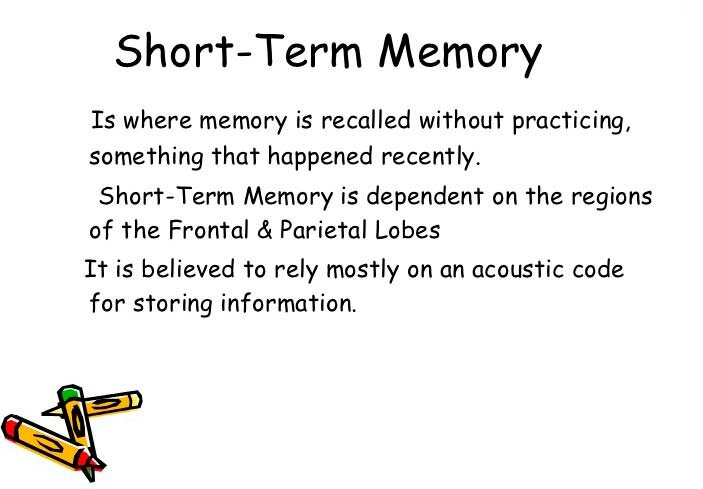
The Centre for Popular Memory (CPM) is an oral history based, research, advocacy and archival centre located at the University of Cape Town. We record and disseminate peoples’ stories to expand the democratizing possibilities of public history. The CPM trains students and organizations in oral/ visual history research, theory and forms of public representation; and runs a publicly accessible multi-lingual archive that contains over 3000 hours of audio and video.
The CPM believes that people’s stories have the power to contribute to social and developmental change. As we hear, see, imagine and empathize with others, we can contribute to altering attitudes, perceptions and policy. Given that memories are particularly shaped and conserved by relationships, we focus on facilitating dialogues across generations and through sites of memory.
Our research prioritizes multi-lingual and multi-disciplinary approaches to memory, narrative, gender, identity formation, and the impact of violence and traumatic legacies in Africa. We specialize in dissemination of these narratives through books, radio, exhibitions, film and web. Future plans include the development of content into more portable media platforms.
The international pioneer of oral history research and memory studies, Professor Alessandro Portelli, has been a Mellon Visiting Fellow in the Centre for Popular Memory at UCT. Over the last three weeks he has given lectures to under-graduate classes, Honours seminars and led a colloquium for MA/Phd students. The CPM also co-hosted a public seminar with the District Six Museum, where he responded to the question, “Has oral history lost its radical edge?” The finale to Professor Portelli’s visit was his input at the CPM’s 10th birthday party and launch of our audio archival catalogue on 22 May 2012. At this event he spoke to the title: “Sound and Meaning in and beyond Oral History.”
For marginalized individuals and groups who have experienced the trauma or pain of the past, the need to be heard, seen and remembered in the present is acutely felt. While the CPM is intellectually open to exploring any form of memory, we privilege ‘popular memory’ as the social articulation of oppositional, dissident or subaltern forms of memory such as community, political, cultural, family and gendered memories.
But the desire to understand ‘popular memory’ includes the need to interrogate its relation to ‘unpopular memory’ and to challenge other binaries within the discourse. With this in mind, the CPM remains committed to anti-essentialist approaches to constructions of memory.
The CPM prioritises the significant sites of knowledge, which exist outside of official institutions such ‘the academy’ and ‘the archives’. We aim to critique the often antagonistic relationships between academic history and popular memory. This also involves a political commitment to furthering the human rights of marginalised groups by creating spaces for storytelling through various media. These activities potentially strengthen the public voices of people who are usually excluded or under-represented in different forums.
The CPM then, records and archives traces of popular memory, and disseminates these to diverse audiences to support the democratising possibilities of public history. These aims are encapsulated in our mission statement:
‘People in South Africa have a dynamic, but largely unrecorded heritage.
The Centre creates spaces for these stories to be heard, seen and remembered.’
